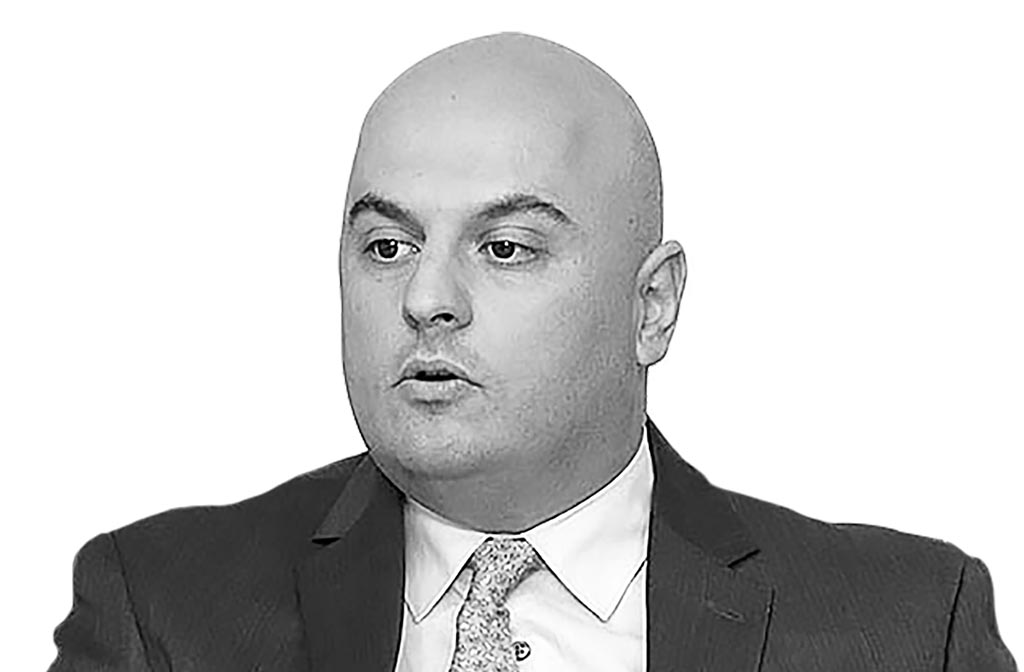By Peter Tase
Across Europe a war of ideas and principles has taken place since the European migrant crisis of 2015, when 1.3 million people entered in the European Union space and requested asylum.
With a civil strife in the Middle East, the wars in Afghanistan and Iraq as well as perilous environments created by terrorist insurgencies in Nigeria, Libya and Pakistan, European governments begun to register an increased number of refugees over the last decade.
In the process of providing a reintegration environment to these refugees an overwhelming divide over border security policy has emerged between those European Union countries that are open to abruptly infuse foreign cultural traditions into their respective societies and nations like Hungary that seek to maintain the rule of law and uphold democratic institutions. Unlike the EU’s predominant trend, Prime Minister Viktor Orbán is constantly engaged with his countrymen, preserving a close dialogue when dealing with strategic matters that directly affect the national security and economic performance of Hungary.
The fundamental question remains; is there more democracy in Brussels or Budapest?
For years EU parliamentarians have unabashedly portrayed Viktor Orbán as an autocratic ruler and as the enemy to European Convention on Human Rights, arguing that democratic principles and norms are eroding in Budapest.
In countries like the Netherlands, its Prime Minister Mark Rutte insists that Hungary “has no business being in the European Union anymore”, making reference to Orbán’s law of June 2021, focused on increasing punishment for convicted pedophiles, banning the portrayal or promotion of homosexuality among teenagers under 18 and preserving the rights of kids and their parents.
According to Hungary Today: “The law states that parents must be guaranteed the right to decide the sexual education given to their children and very clear limits must be set for sexual education at school. Children must be protected from access to information on any platform that would be contrary to the educational ideas of parents.”
Rutte, accompanied by Luxembourgish Prime Minister and Belgian head of government, French President and other EU officials, has acquired a fertile terrain where he could strengthen his slander against Hungary.
However, the facts on the ground are stubborn and surprisingly demonstrate the contrary.
The Netherlands holds the world’s top place in the concoction of XTC, a drug that is chemically related to mescaline and amphetamine and is illicitly used for its euphoric and hallucinogenic effects.
Research has shown that in one year alone, over 1 billion XTC pills were produced, and the Dutch organized crime has generated an annual revenue of € 18.9 billion from this industry.
The geographic position and infrastructure, as well as the tolerant society of the Netherlands, are major factors that enable criminal activity to thrive in the country. Furthermore, an overwhelming shortage of police officers and insignificant penalties against drug trafficking, have encouraged greater levels of intoxication among the Dutch youngsters.
“The Netherlands is one of the world’s leading producers of synthetic drugs, this is a consequence of the famous Dutch tolerance of soft drugs, practiced since the late 1970s. We thought we would set the world an example and we were very satisfied with it for a long time — but not anymore,” has been recently stated by Pieter Tops, a social scientist at the University of Tilburg and a lecturer at the Police Academy of the Netherlands.
On July 6th, 2021, Peter R. de Vries, a renowned Dutch journalist was killed walking in a street of Amsterdam, he fearlessly reported on the violent underworld of the Netherlands and campaigned for effective justice. While the reasons for De Vries’ shooting remain unknown, the July 6 attack represents a dangerous environment that emanates in the Netherlands for investigative journalists and especially those who uncover drug trafficking networks and Amsterdam’s underworld.
It is the Netherlands, not Hungary, where a journalist was gunned down, where Pim Fortuyn, a right-wing politician was murdered and Theo van Gogh (a filmmaker critical of Islam) was killed. All these atrocious acts have ideological motivations. In Hungary today, Christian and catholic values prevail over public institutions and implementation of public policies. The moral values, civil liberties and basic freedoms are at the core of Orbán’s leadership and foreign policy.
As the Western European agitators are continuously attacking Hungary and denying Orbán’s democratic posture; in Budapest the prospects for a healthier democracy and ensure human dignity through its government institutions, are higher than western European capitals all combined.

